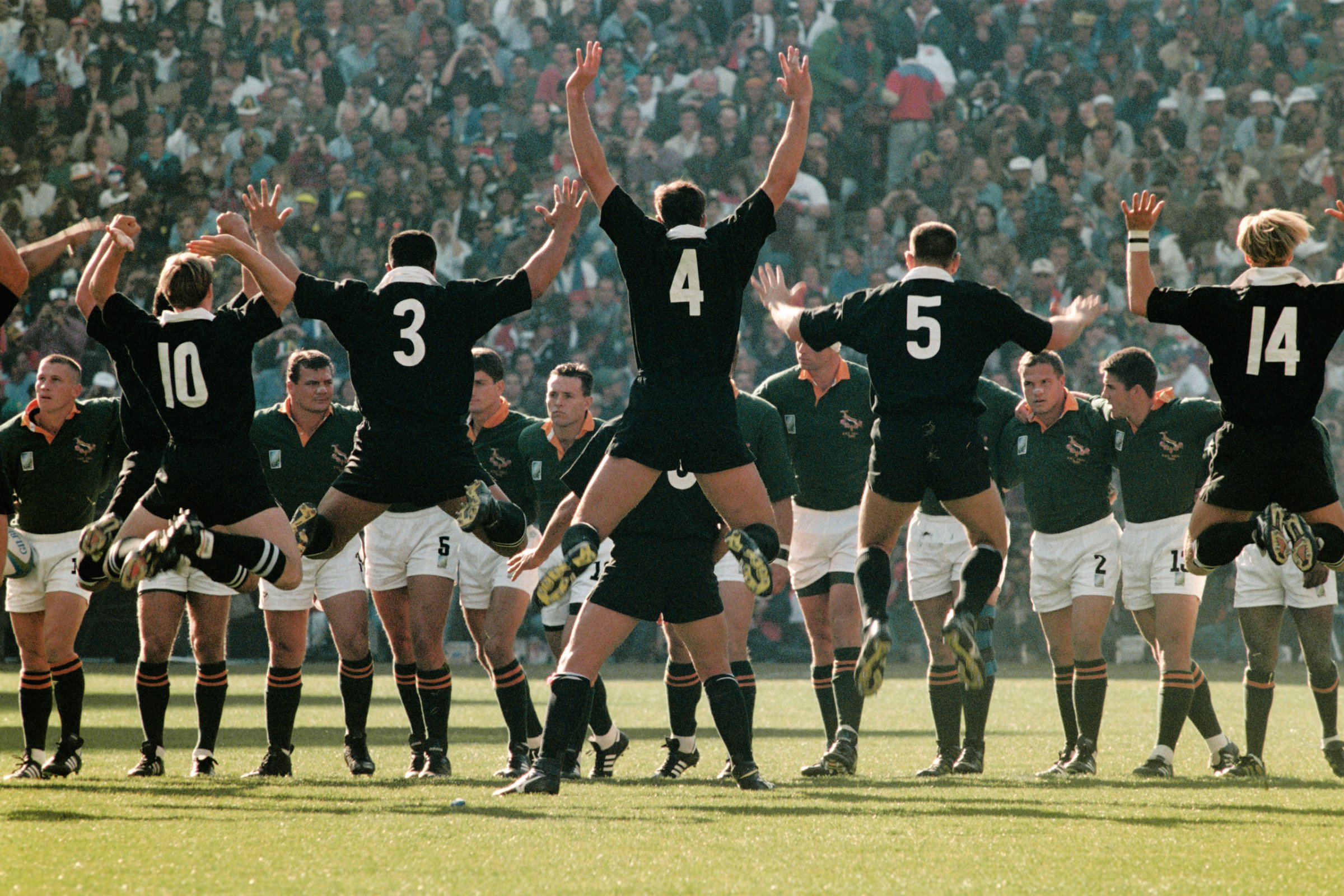
It was exactly 20 years ago, on June 24, 1995, that South Africa beat rival New Zealand to win that year’s Rugby World Cup. It was the first World Cup for South Africa, as the nation had been kept out of the competition during apartheid, so the victory was a meaningful one—but, as anyone who has seen the 2009 film Invictus knows, the game was even more meaningful for what happened off the field.
In South Africa, rugby had been seen as a sport for white Afrikaaners, but President Nelson Mandela saw that the tournament could be a chance for a broader social reconciliation. As TIME reported that May, the sport could herald a united future in which “at rugby matches, thick-necked Afrikaans players stand at attention for the black liberation and nationalist hymn Nkosi Sikelel i Afrika (God Bless Africa).” By the time the 1995 World Cup was over, that vision was much closer to being a reality.
Following Mandela’s death in 2013, TIME published an interview with Francois Pienaar, who had been captain of that 1995 team. Pienaar reflected on his relationship with Mandela, the link between sports and politics, and the moment he realized that June 24 game would go down in history:
Were you aware this was more than a game?
Not before the competition started. But in six weeks, I saw the country change. At our hotel in Cape Town, the lady who checked us in was wearing a Springbok jumper. The gentleman who served us breakfast would say we must eat because we needed to be strong. The morning of the final [in Johannesburg], we went for a run, and four black kids selling newspapers chased after us, shouting the names of the players. After the match, when an interviewer asked me how it felt to win in front of 65,000 people, I replied, “We didn’t have 65,000. We had 43 million.”
Read an interview with Francois Pienaar about Nelson Mandela’s legacy, here in the TIME Vault: A Leader and a Champion
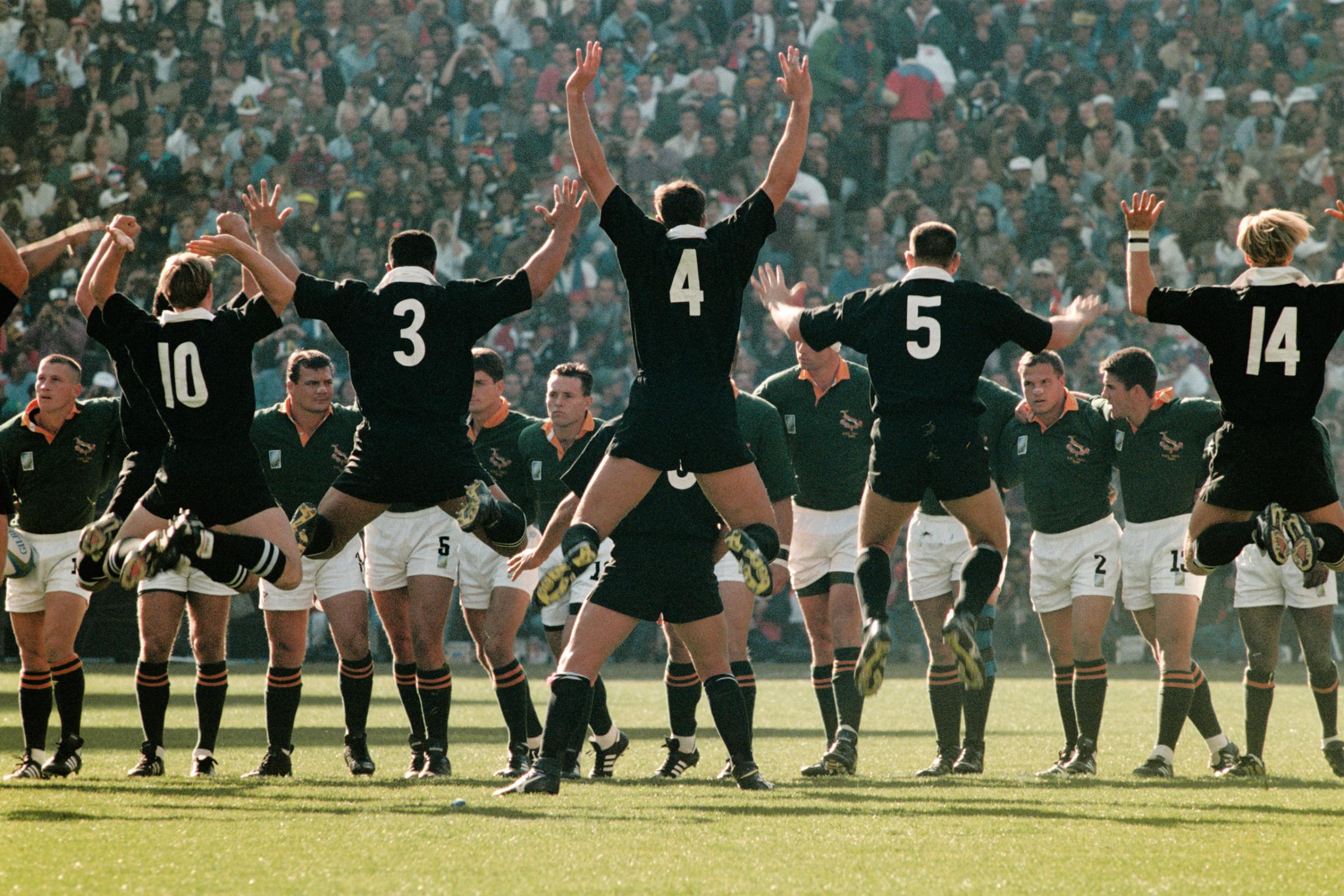
![RWC Final: SA 15 NZ 12 [aet] Os du Randt runs at Ian Jones (#4) at Ellis Park, Johannesburg. 24/06/1995](https://api.time.com/wp-content/uploads/2015/06/150608-world-cup-rugby-02.jpg?quality=75&w=2400)
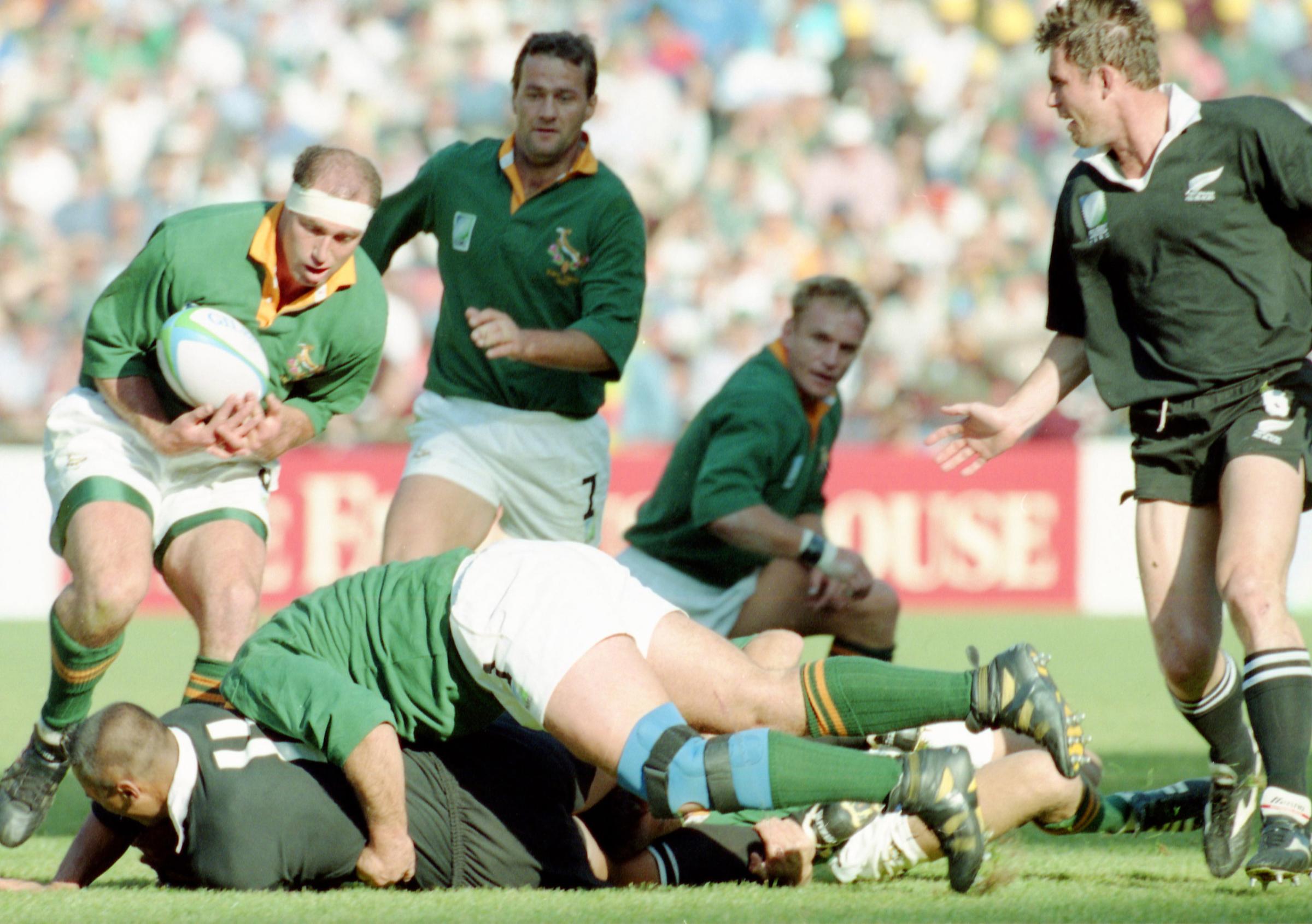
![RWC Final: SA 15 NZ 12 [aet] Joel Stransky kicks the winning drop-goal for South Africa at Ellis Park, Johannesburg.](https://api.time.com/wp-content/uploads/2015/06/150608-world-cup-rugby-04.jpg?quality=75&w=2400)
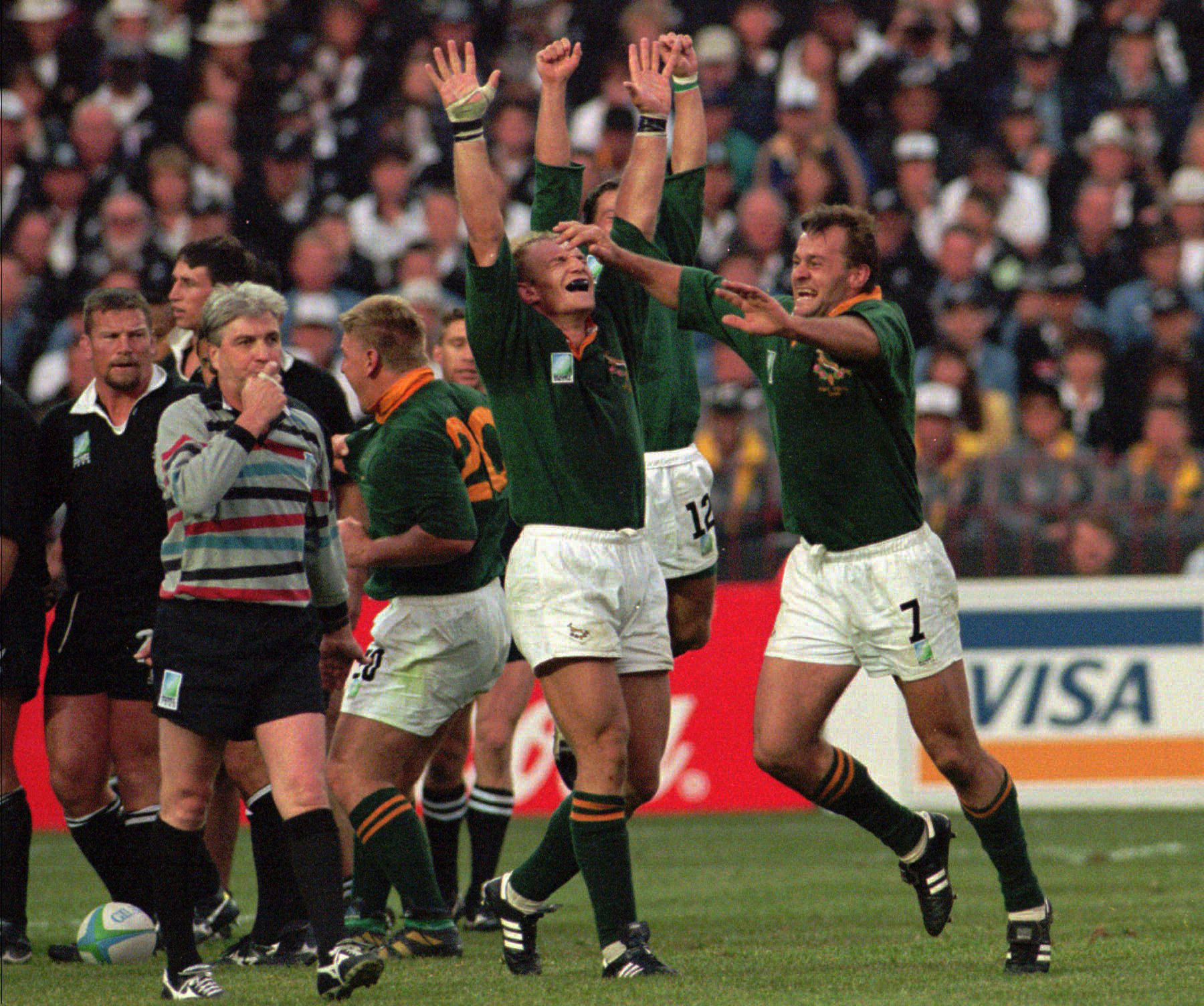

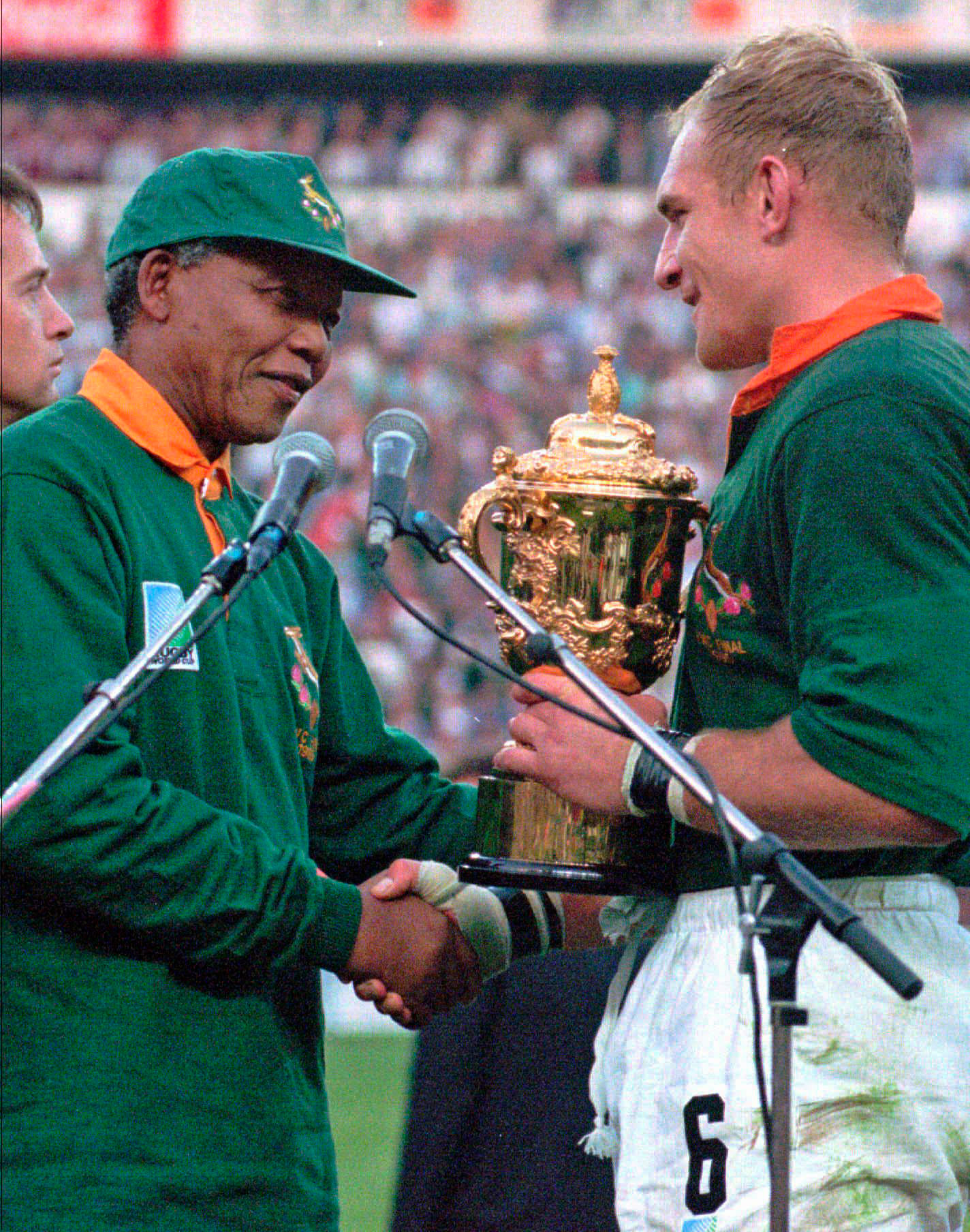
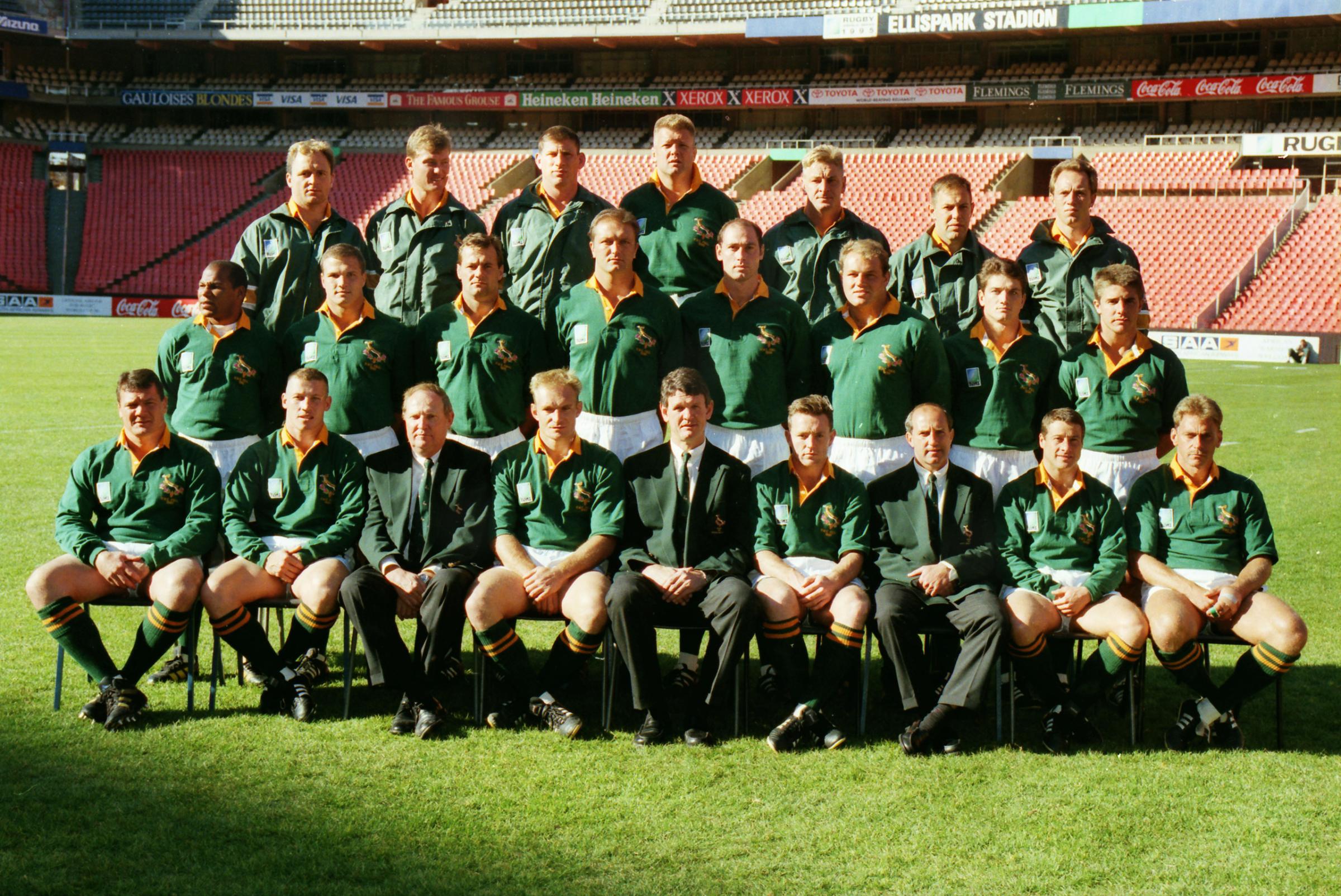
More Must-Reads from TIME
- Breaking Down the 2024 Election Calendar
- How Nayib Bukele’s ‘Iron Fist’ Has Transformed El Salvador
- What if Ultra-Processed Foods Aren’t as Bad as You Think?
- How Ukraine Beat Russia in the Battle of the Black Sea
- Long COVID Looks Different in Kids
- How Project 2025 Would Jeopardize Americans’ Health
- What a $129 Frying Pan Says About America’s Eating Habits
- The 32 Most Anticipated Books of Fall 2024
Write to Lily Rothman at lily.rothman@time.com